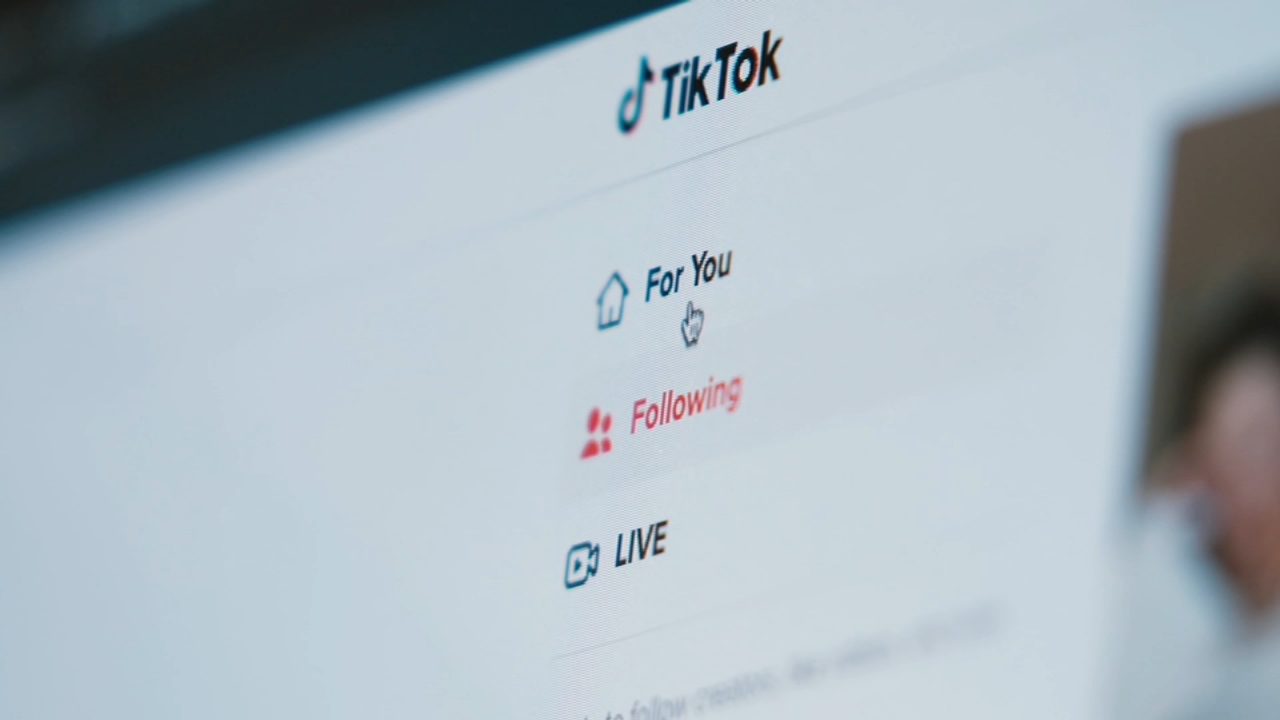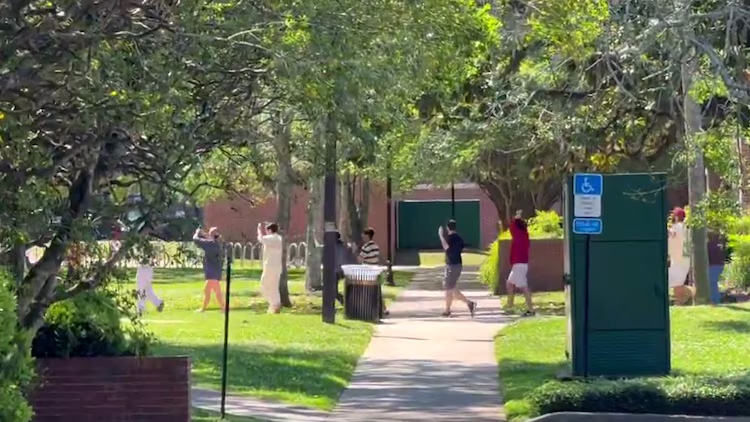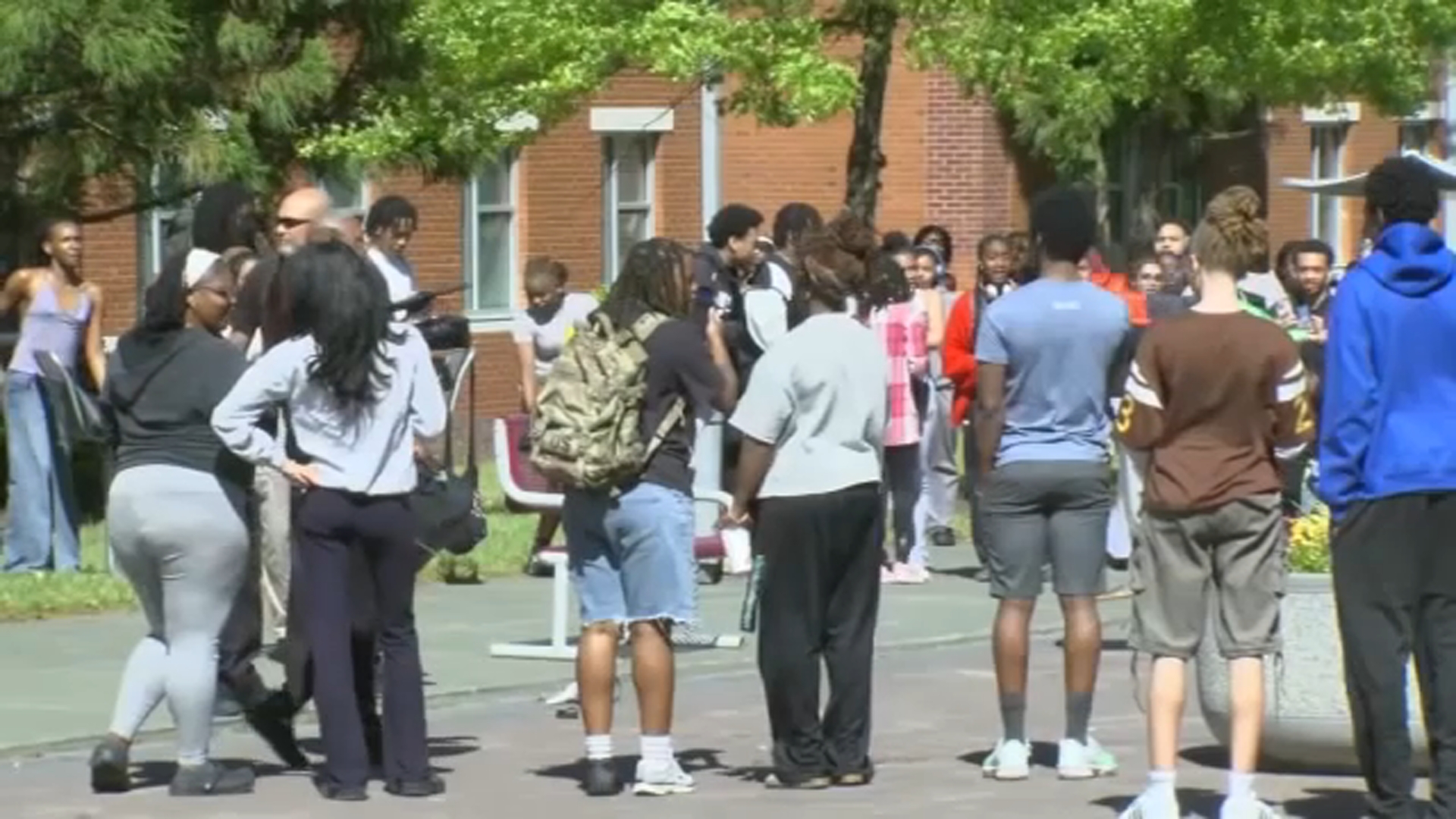'You get stuck.' Parents, students react to advisory on social media use, mental health impact

Ask any teen in Durham whether they use social media, and you'll likely hear these apps several times.
"Mainly Tiktok, Instagram, Snapchat," Aydan Reep said.
Reep said he spends two to three hours a day on those apps that are among the most popular among teens. However, his friend, Carter Brewen, said that while it's great for communication, you can procrastinate more.
"You get stuck in there, you're scrolling," Brewen said. "But also, comparisons. Comparing yourself to people, images that aren't yourself."
The potential harms of social media use is in the national spotlight as symptoms like depression and anxiety soar among young people.
"The most common question parents ask me is, 'is social media safe for my kids'. The answer is that we don't have enough evidence to say it's safe, and in fact, there is growing evidence that social media use is associated with harm to young people's mental health," U.S. Surgeon General Dr. Vivek Murthy said. "Children are exposed to harmful content on social media, ranging from violent and sexual content to bullying and harassment. And for too many children, social media use is compromising their sleep and valuable in-person time with family and friends."
RELATED | US surgeon general issues major advisory on social media use and teens' mental health
His advisory on social media and youth mental health released on Tuesday includes studies that find kids as young as 12 are spending an average of three and a half hours per day on social media.
"Adolescents who spent more than 3 hours per day on social media faced double the risk of experiencing poor mental health outcomes including symptoms of depression and anxiety," the report said.
Mitch Prinstein, who's a professor of psychology and neuroscience at UNC, has been researching how technology use might be changing how kids develop biologically and psychologically at the Winston National Center on Technology Use, Brain and Psychological Development.
"During this incredibly important time of neural development, kids spending a remarkable amount of their attention on social media might be changing how it is they're able to exhibit self-control or how sensitive they become to their social surroundings," Prinstein said about a recent study involving 6th graders.
Prinstein said while social media is associated with a number of benefits, such as diverse friendships and more civic activism, there are warning signs.
"Not being able to really quit even when they want to," Prinstein said. "We see some concerns around kids being exposed to cyber hates or being directed to content that we know is likely to increase their risk of psychological symptoms."
Prinstein said they're also seeing disruption in their sleep and physical activity.
"The disruption in sleep, in particular, is so concerning because that literally changes the size of kids' brains," Prinstein said.
RELATED | Social media is changing how children's brains develop, UNC researchers find
Although most social media platforms require users to be at least 13, studies find kids as young as 8 are using social media, which is too young for parents like Seneca Mclean.
"In my opinion, I would say 16, at least until they're in high school," Mclean said. "There's so much out there and a lot of bad people out there that can throw in content that they shouldn't have."
Prinstein said no one has really overseen social media whatsoever.
"There's absolutely nothing that is stopping kids from seeing something quite damaging or for their data being used in ways to kind of help others make a profit," Prinstein said. "Parents really have too much on their plates already. We need tech companies and for policymakers to play a role."
Prinstein said in the meantime, parents could be teaching their kids social media literacy.
"That way, kids are able to understand and process the content in a way that's appropriate for their age," Prinstein said. "Most importantly, parents can also really use all their screen time controls to try and block content or excessive usage."












